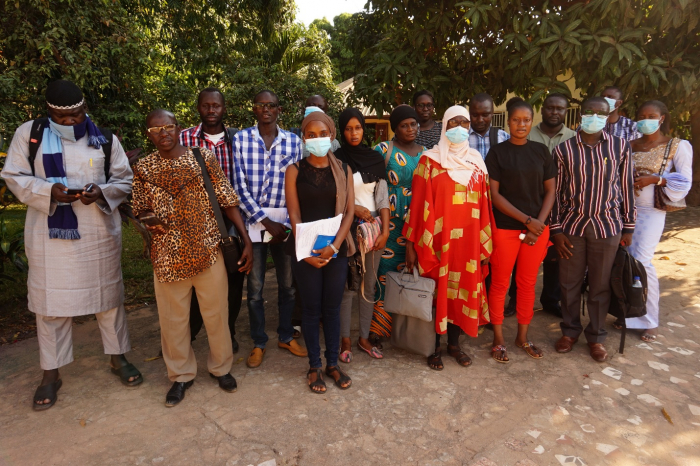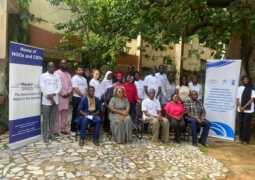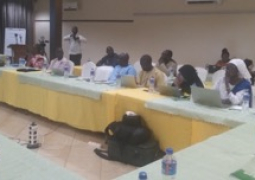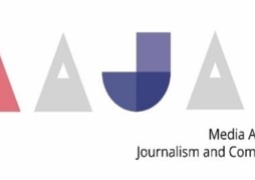
The two-day forum also looked at issues that have been contentious in the constitutional review process among youth, women, persons with disability and marginalised groups.
At the opening ceremony, Francize Dominic Mendy, director of Caritas Gambia office, said the forum is the start in involving local authorities, women and youth groups and traditional and religious leaders in the implementation of the project with support from IRI.
The forum, he said, will also cover citizenship, respect for human rights, democracy and rule of law and issues that have been contentious in the constitutional review process.
“This is how the communities will take ownership of these messages and ensure their continued presence and sustainability in the public discourse and space. The objective is to air these messages on FM radios in the Greater Banjul Area and community radios in the regions once in a month. The strategy is to contribute to increasing awareness of the communities by dispelling misinformation, essential in enhancing the understanding of the voters to make an informed decision in the political processes.”
Mendy indicated that in addition, the project will conduct dialogue sessions between marginalised groups (youth, women and PWDs) and legislators through several constituency sessions and town hall dialogue meetings expected to facilitate dialogue between National Assembly Members and marginalised groups (Youth, women and PWDs) on the electoral processes.
“Through these strategies, the expected outcome of this project is to enhance the knowledge and understanding of marginalized groups on public policy related issues such as citizenship, respect for human rights, democracy and rule of law and issues that have been contentious in the constitutional review process.”
According to him, the messages will be translated into the local languages for dissemination.
“Topics to be discussed include citizenship, political and religious tolerance, multiparty democracy, social cohesion and peaceful co-existence. This will bring together different opinion leaders; promote ideas sharing, diversity and inclusion among all regarding the constitution.”
The radio programs, he added, will target the entire country especially the youth, women, people with disability, and other marginalized groups.
He revealed that town hall meetings would be held that would bring together National Assembly Members with women, youth and Persons with Disability to discuss issues about citizenship, respect for human rights, democracy and rule of law and peacebuilding.
Mr. Patrick Gomez, a resource person from the Ministry of Justice led the process of developing messages.
“This was done through a two-day workshop involving local authorities, women and youth groups and traditional and religious leaders.”
Gomez noted that the airing of the messages will also be on radios like West Coast Radio in the Greater Banjul Areas and community radios in the regions once in a month and twice in each quarter for the length of the project.”




